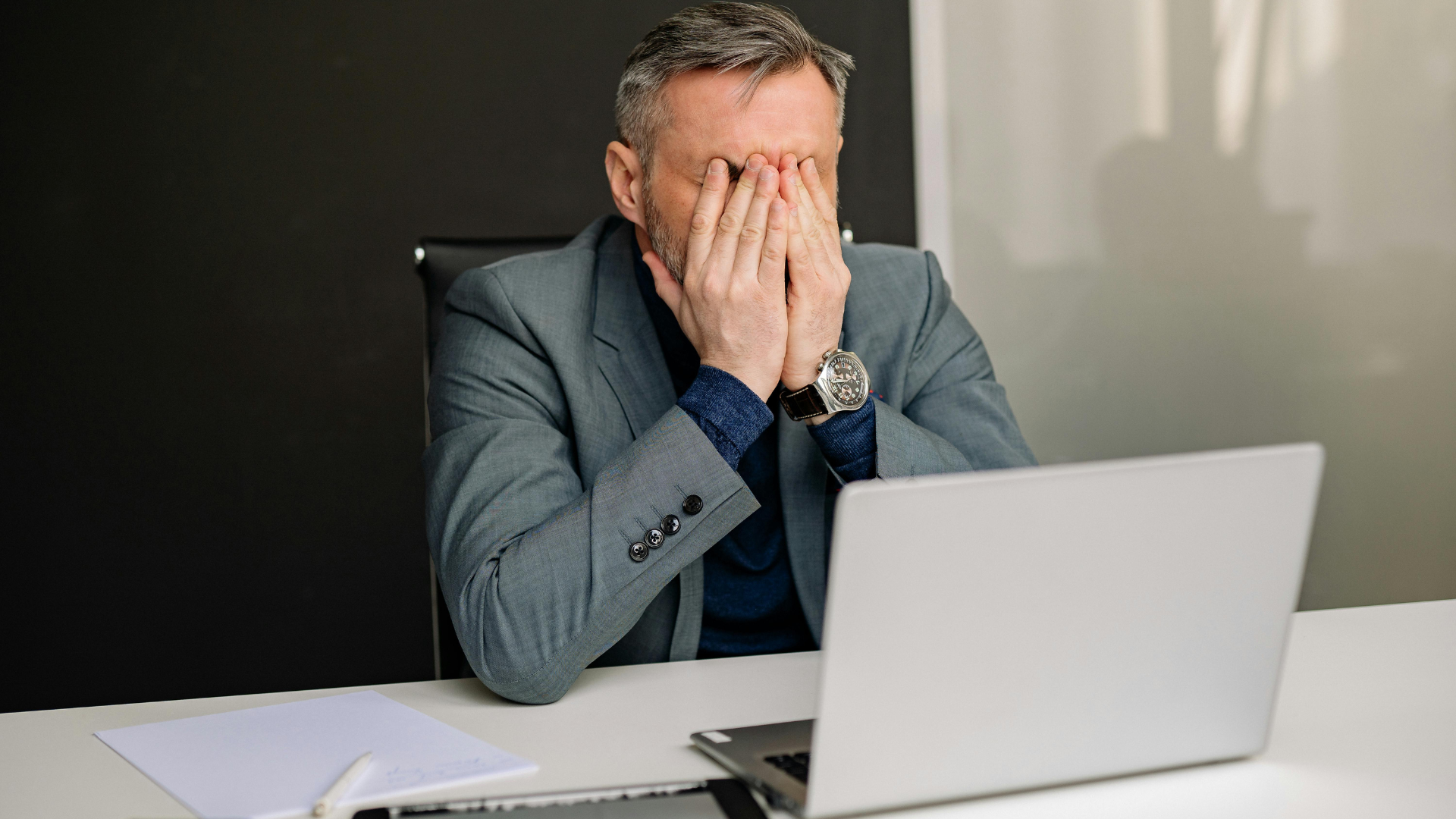How Job-Related Stress Affects Mental Health
Workplace Burnout
Do you often feel exhausted before the workday even begins? Are you struggling to concentrate, feeling detached from your job, or noticing an increase in stress-related health issues? If so, you might be experiencing workplace burnout.
Burnout is more than just feeling tired after a long day. It’s a state of chronic physical and emotional exhaustion, often caused by prolonged workplace stress. Left unaddressed, burnout can seriously affect both mental and physical health, impacting everything from job performance to overall well-being.
What is Workplace Burnout?
Burnout is a psychological syndrome that develops due to chronic work-related stress. According to the World Health Organization, burnout is characterised by three main symptoms:
Emotional exhaustion – Feeling drained, overwhelmed, and unable to cope.
Depersonalisation – A sense of detachment, cynicism, or negative feelings towards your job.
Reduced personal accomplishment – A decline in productivity and feelings of incompetence.
Unlike everyday work stress, burnout doesn’t go away with a good night’s sleep or a short break. It builds over time, often leading to serious mental and physical consequences.
The Mental Health Effects of Workplace Burnout
Burnout significantly impacts mental well-being, contributing to conditions such as:
Anxiety and Depression
Prolonged job-related stress can increase feelings of helplessness and self-doubt, leading to anxiety and depression. Employees suffering from burnout often struggle with constant worry, irritability, and a sense of hopelessness.
Cognitive Decline and Brain Fog
Burnout can affect memory, concentration, and decision-making. High stress levels shrink the prefrontal cortex, the part of the brain responsible for problem-solving and emotional regulation.
Insomnia and Sleep Disruptions
Burnout disrupts the body’s natural stress response, making it harder to relax and fall asleep. Poor sleep quality, in turn, worsens stress, creating a vicious cycle.
The Physical Health Effects of Burnout
Burnout isn’t just a mental health issue, it affects the body in multiple ways, including:
Weakened Immune System
Chronic stress increases cortisol levels, which suppress the immune system. This makes individuals more susceptible to illnesses, infections, and prolonged recovery times.
Increased Risk of Heart Disease
Studies show that burnout raises the risk of cardiovascular diseases due to prolonged stress, high blood pressure, and inflammation.
Chronic Fatigue and Muscle Pain
Burnout can cause persistent physical exhaustion, headaches, and muscle tension, often leading to chronic pain conditions such as fibromyalgia.
Who is Most at Risk of Workplace Burnout?
Burnout can affect anyone, but some professions and work environments put employees at higher risk:
- Healthcare professionals – Doctors, nurses, and caregivers experience high emotional demands.
- Teachers and educators – Increased workloads and emotional labour contribute to burnout.
- Corporate employees – Long hours, tight deadlines, and job insecurity heighten stress levels.
- Remote workers – Blurred work-life boundaries make it harder to switch off from work.
How to Prevent and Recover from Workplace Burnout
If you’re feeling burnt out, it’s crucial to take action before it escalates. Here are some effective strategies:
Set Clear Work Boundaries
Avoid taking work home or checking emails outside office hours. Establishing boundaries helps maintain a healthy work-life balance.
Prioritise Rest and Recovery
Regular breaks throughout the day improve productivity and reduce exhaustion. Even short walks, deep breathing exercises, or a lunch away from your desk can make a difference.
Speak Up and Seek Support
Don’t suffer in silence. Speak to a manager about workload concerns or seek professional support if needed. Many workplaces offer Employee Assistance Programmes with counselling services.
Engage in Stress-Relief Activities
Regular exercise, mindfulness, and relaxation techniques help regulate stress hormones and prevent burnout.
Reconnect with Purpose
Rediscovering meaning in your work, whether through mentorship, professional development, or shifting roles, can help reignite motivation.
How the Resilience Development Programme Can Help
Burnout isn’t just about taking time off, it requires long-term resilience building. The PsycApps CPD-certified Resilience Development Programme is designed to help individuals:
Manage workplace stress effectively through Cognitive Behavioural Therapy -based techniques.
Develop emotional resilience to handle challenges without feeling overwhelmed.
Improve focus, motivation, and mental clarity through science-backed mindfulness exercises.
By integrating these strategies, employees can recover from burnout and build long-term stress resistance.
Take Control of Burnout Before It Takes Control of You
Workplace burnout is more than just fatigue, it’s a serious condition that affects both mind and body. Ignoring it can lead to long-term health consequences, but the good news is that it’s preventable and treatable.
By recognising the signs, you can reclaim your well-being and thrive in your career without sacrificing your health.
Explore our CPD-Certified Resilience Development Programme to start your journey today.


